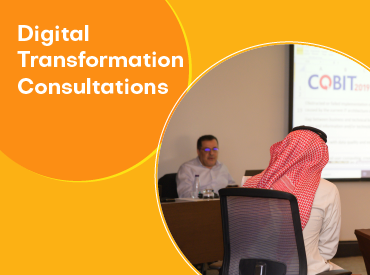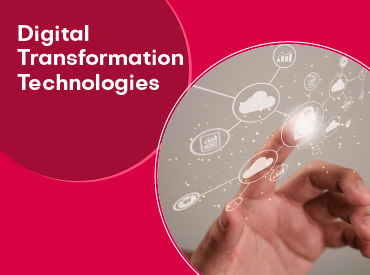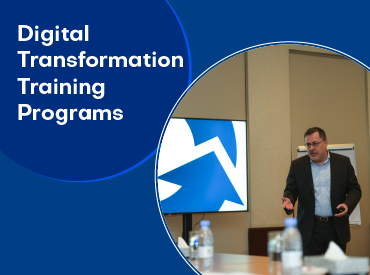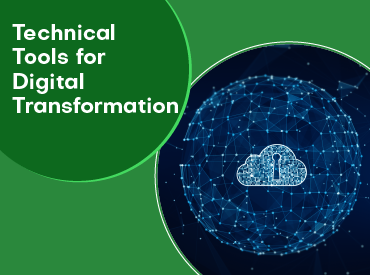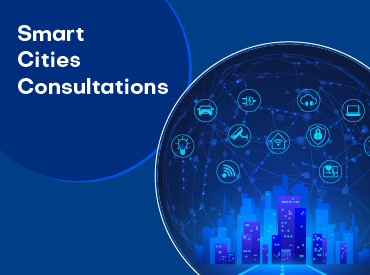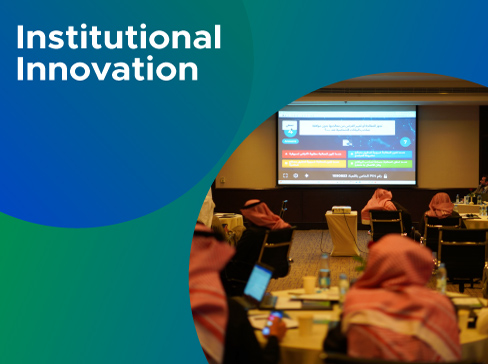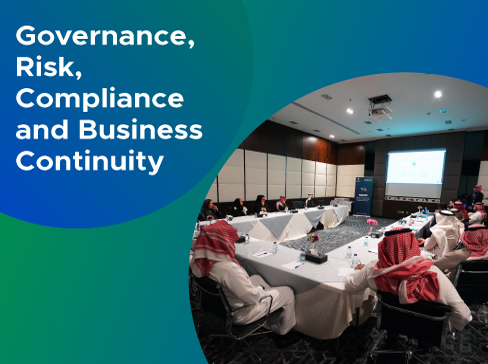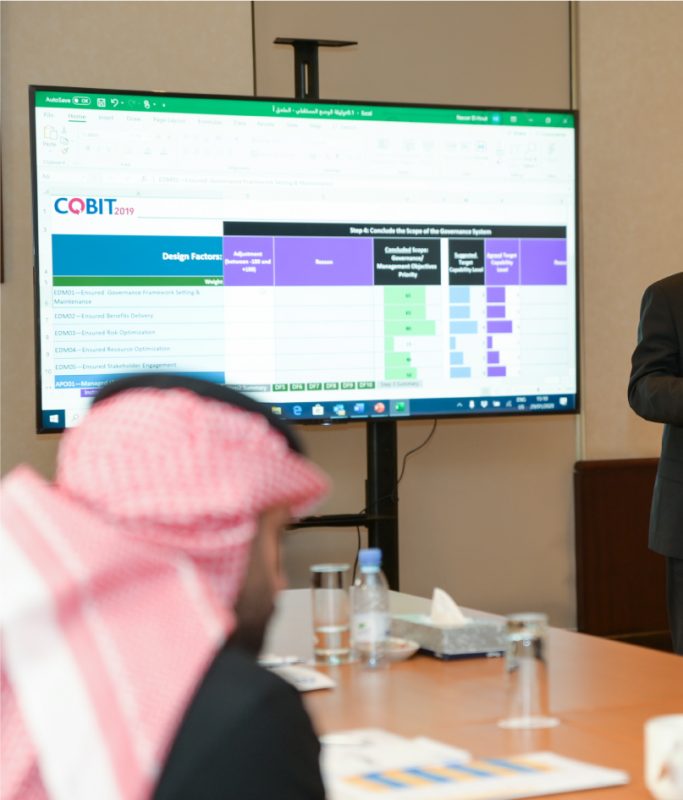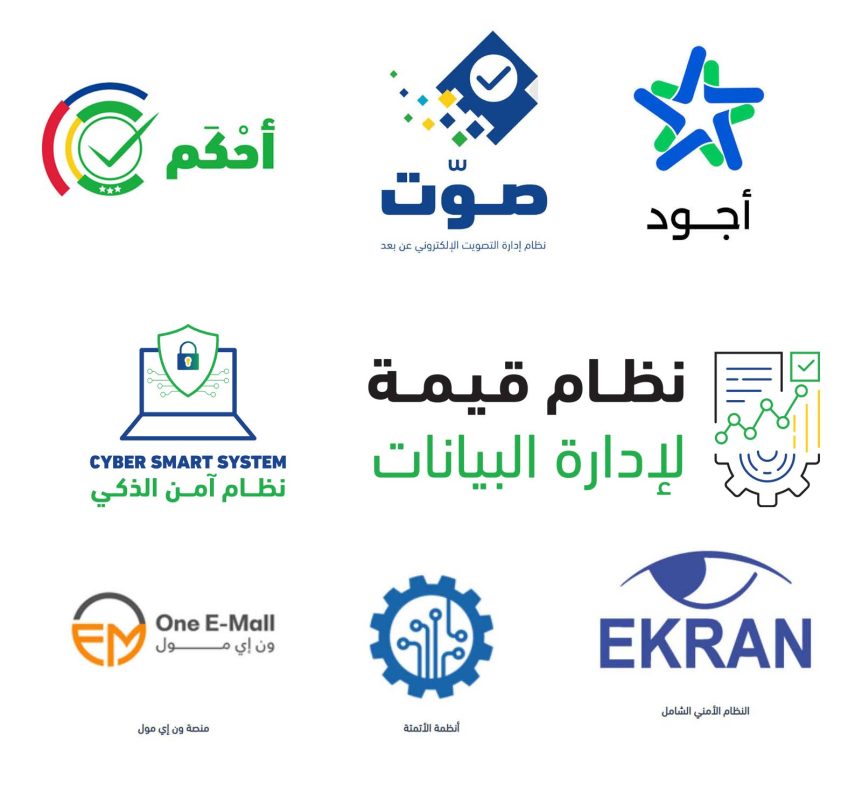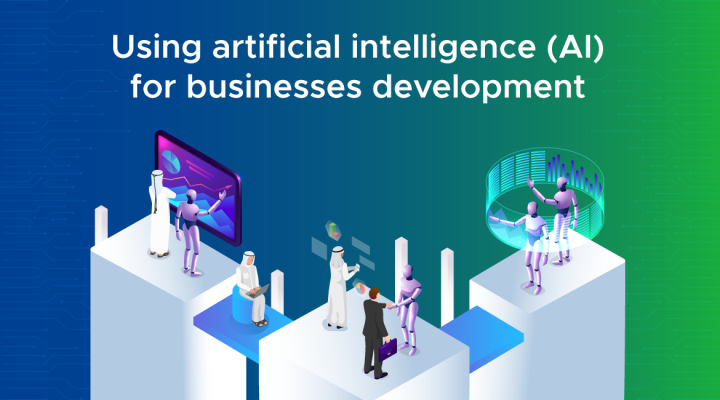Background:
Using artificial intelligence (AI) for business development represents a transformative shift in how companies approach growth and innovation. AI technologies, through their ability to process and analyse vast amounts of data at unprecedented speeds, offer businesses a powerful tool to enhance decision-making, streamline operations, and personalize customer experiences. For instance, AI-driven analytics can unearth patterns and insights from customer data that were previously inaccessible, enabling companies to tailor their marketing strategies and product offerings to meet the precise needs and preferences of their target audience.
This level of customization not only boosts customer engagement and loyalty but also opens new avenues for revenue growth. In operations, AI algorithms optimize supply chains and logistics, reducing costs and improving efficiency by forecasting demand more accurately and managing inventory levels dynamically. Furthermore, AI’s role in product development is increasingly significant, where it aids in identifying market gaps and consumer needs, facilitating rapid prototyping and testing. AI’s impact extends to talent management as well, where it streamlines the recruitment process by automating candidate screening and matching job descriptions with the most suitable profiles, enhancing the quality of hires and operational productivity. Additionally, AI’s capability to monitor and analyse employee data helps in crafting personalized training and development programs, promoting a more engaged and efficient workforce. Beyond these applications, AI plays a crucial role in financial management and fraud detection, offering tools for more accurate forecasting and real-time threat analysis, thereby safeguarding assets, and ensuring compliance. However, the implementation of AI in business development is not without challenges. It requires a thoughtful strategy that includes investment in technology, skills development, and a culture that embraces digital transformation.
Businesses must also navigate ethical considerations, ensuring that AI applications respect privacy and are free from bias. In summary, leveraging AI for business development offers a pathway to enhanced competitiveness and growth, provided companies approach its integration with strategic intent, ethical considerations, and a commitment to continuous learning and adaptation.
Will the world of business in institutions in the future be similar to today?
The future world of business in institutions is likely to be markedly different from today, especially with the increasing integration of artificial intelligence (AI). Several key trends and transformations driven by AI are expected to shape the future business landscape.
The Future by numbers
- Market Size
The global AI market expected to grow from approximately $62.35 billion in 2020 to over $997.77 billion by 2028, at a compound annual growth rate (CAGR) of 40.2% during the forecast period (source: Grand View Research, 2021).
- Investment in AI
Global spending on AI systems was forecasted to reach nearly $110 billion by 2024, according to IDC. This includes investments in AI software, hardware, and services.
- Economic Impact
Contribution to GDP: PwC projected that AI could contribute up to $15.7 trillion to the global economy by 2030, with $6.6 trillion likely coming from increased productivity and $9.1 trillion from consumption-side effects.
The benefits of using artificial intelligence for businesses development
- Enhanced Decision Making
- Operational Efficiency
- Improved Customer Experience
- Innovation and Product Development
- Cost Reduction
- Talent Acquisition and Management
- Risk Management
- Competitive Advantage
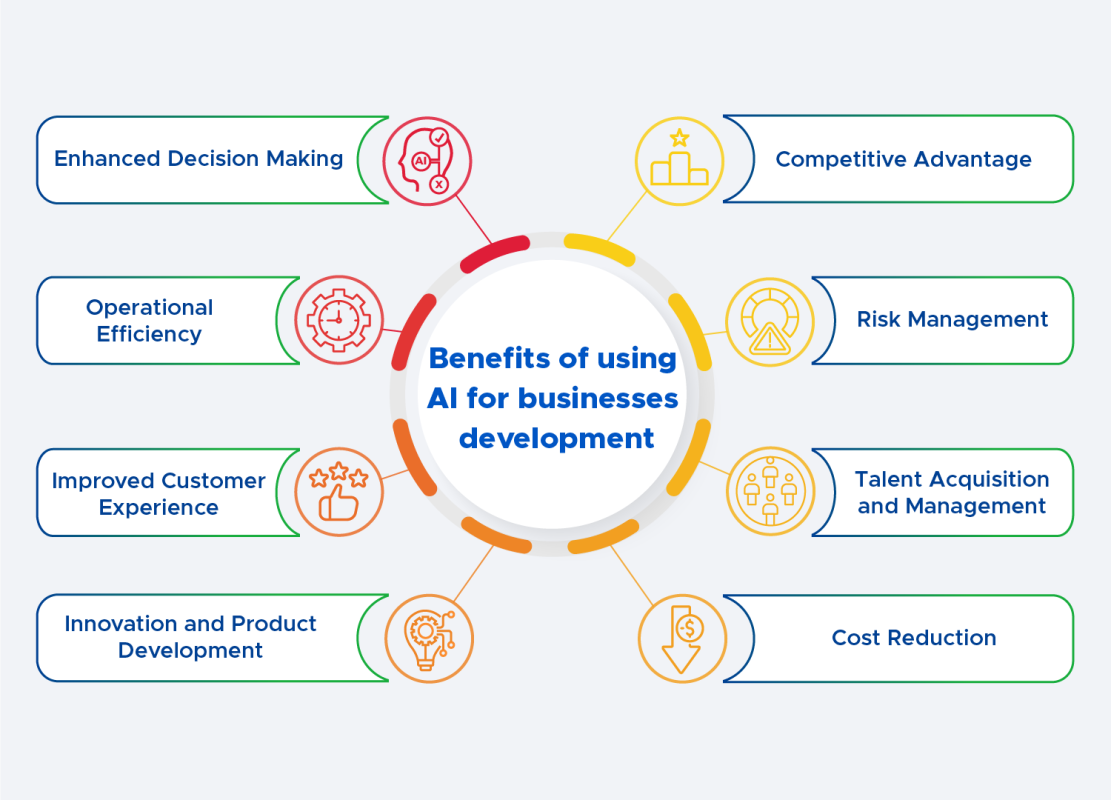
The benefits of using artificial intelligence (AI) for business development are vast and transformative, spanning various aspects of operations, strategy, and customer engagement. Here are some of the key advantages:
- Enhanced Decision Making
AI algorithms can analyse large datasets to identify trends, patterns, and insights that human analysts might miss, leading to more informed and strategic decision-making.
- Operational Efficiency
AI can automate repetitive and time-consuming tasks, freeing up human resources for more strategic activities that add value to the business.
- Improved Customer Experience
Personalization: AI enables businesses to personalize marketing messages, product recommendations, and customer interactions at scale, significantly improving customer satisfaction and loyalty.
- Innovation and Product Development
Market Insights: AI tools can sift through vast amounts of market and consumer data to identify emerging trends, enabling businesses to innovate and develop products that meet evolving customer needs.
- Cost Reduction
Reduced Operational Costs: By automating routine tasks and optimizing processes such as energy consumption or maintenance schedules, AI can significantly reduce operational costs.
- Talent Acquisition and Management
Efficient Recruitment: AI can streamline the recruitment process by quickly scanning resumes and identifying the most promising candidates, saving time and resources.
- Risk Management
Fraud Detection: AI systems are capable of detecting potentially fraudulent activities by analysing transaction patterns and flagging anomalies.
- Competitive Advantage
Agility and Responsiveness: The insights and efficiencies gained from AI enable businesses to be more agile and responsive to market changes, giving them a competitive edge.
Using the artificial intelligence for public organizations
- Healthcare Services
- Disease Surveillance and Management: Use AI algorithms to monitor and analyse health data from various sources in real-time to predict outbreaks of diseases, track their spread, and manage public health responses efficiently.
- AI-Assisted Diagnostics: Implement AI tools in public healthcare facilities to assist medical professionals in diagnosing diseases more accurately and swiftly, particularly in areas with a shortage of specialists.
- Transportation and Traffic Management
- Traffic Flow Optimization: Deploy AI systems to analyse traffic patterns and optimize traffic light sequences, reducing congestion and improving road safety.
- Predictive Maintenance for Public Transit: Use AI to predict maintenance needs for public transport vehicles and infrastructure, reducing downtime and improving service reliability.
- Environmental Protection
- Climate Change Analysis: Apply AI models to climate data to predict environmental changes, assess the impact of policies on the environment, and guide decision-making in environmental protection efforts.
- Waste Management Optimization: Utilize AI to improve waste collection routes and recycling processes, enhancing efficiency and reducing the environmental footprint.
- Public Safety and Security
- Crime Prediction and Prevention: AI can analyse historical crime data to identify patterns and predict potential crime hotspots, enabling law enforcement agencies to allocate resources more effectively and prevent crimes before they occur.
- Facial Recognition for Security: Implement AI-driven facial recognition systems in public places to enhance security measures, assist in identifying suspects, and find missing persons, while ensuring strict ethical standards and privacy protections are in place.
- Education and Training
- Personalized Learning: Implement AI-powered platforms in public education to offer personalized learning experiences for students, adapting to their individual learning pace and style, thus improving outcomes.
- Automated Administration: Use AI to automate administrative tasks in educational institutions, such as enrolment and scheduling, allowing staff to focus on teaching and student support.
- Public Administration
- Automated Customer Service: Deploy AI chatbots on public service websites to provide citizens with 24/7 assistance, answering queries and guiding them through governmental procedures and services.
- Document and Data Analysis: Use AI to automate the processing and analysis of large volumes of documents, speeding up administrative processes like applications for public benefits, permits, and licenses.
- Urban Planning
- Smart City Development: Leverage AI to analyse data from various sources (traffic, utilities, public services) to inform urban planning decisions, making cities more liveable and sustainable.
- Predictive Analytics for Infrastructure Development: Utilize AI to predict future urban growth and infrastructure needs, helping planners design more effective public transport systems, housing, and public spaces.
Using the artificial intelligence for private sector
The private sector stands to gain significantly from the adoption of artificial intelligence (AI), with use cases spanning various industries such as finance, retail, manufacturing, healthcare, and more. Here are practical suggestions and use cases for leveraging AI in the private sector:
- Customer Service Enhancement
Chatbots and Virtual Assistants: Deploy AI-powered chatbots on websites and social media platforms to provide instant customer support, handle inquiries, and even process orders or bookings, improving customer satisfaction and operational efficiency.
- Sales and Marketing Optimization
Personalized Marketing: Use AI to analyse customer data and behaviour to tailor marketing messages and offers, enhancing customer engagement and conversion rates.
Predictive Sales Analytics: Implement AI tools to predict future consumer purchasing behaviours and trends, helping sales teams to target their efforts more effectively.
- Financial Services Innovation
Fraud Detection and Prevention: Leverage AI algorithms to monitor transactions in real-time, identify suspicious activities, and prevent fraud, protecting both the institution and its customers.
Robo-Advisors: Offer AI-powered financial advising services that provide personalized investment recommendations based on individual customer profiles and market conditions.
- Supply Chain and Logistics Management
Predictive Supply Chain Analytics: Use AI to forecast demand, optimize inventory levels, and identify potential supply chain disruptions before they occur, ensuring smoother operations and cost savings.
Route Optimization: Implement AI in logistics to determine the most efficient delivery routes, reducing delivery times and fuel consumption.
- Healthcare Delivery and Management
AI in Diagnostics: Employ AI-driven tools to assist in diagnosing diseases with higher accuracy and speed, supporting healthcare professionals in providing timely and effective care.
Personalized Medicine: Leverage AI to analyze patient data and genetic information, enabling the customization of healthcare treatments to individual patient needs.
- Manufacturing Efficiency
Predictive Maintenance: Use AI to predict when machinery and equipment are likely to fail or require maintenance, reducing downtime and maintenance costs.
Quality Control: Implement AI vision systems to inspect and ensure product quality on production lines, identifying defects more accurately and consistently than human inspectors.
- Retail and E-Commerce
Recommendation Engines: Deploy AI to create personalized product recommendations for customers based on their browsing and purchase history, enhancing the shopping experience and increasing sales.
Inventory Management: Use AI to predict stock levels needed, optimizing inventory to meet demand without overstocking.
- Human Resources and Talent Management
AI in Recruitment: Implement AI to screen resumes and applications more efficiently, identifying the most suitable candidates for interviews and reducing the time and costs associated with hiring.
Employee Engagement and Retention: Use AI tools to analyze employee feedback and performance data, identifying trends and issues that can inform strategies to improve engagement and retention.
- Business Intelligence and Analytics
Data Analysis for Strategic Insights: Leverage AI to analyze vast amounts of data from various sources, uncovering insights that can inform strategic decisions and identify new business opportunities.
Real-time Market Analysis: Implement AI to monitor market trends and competitor activities in real-time, enabling businesses to respond quickly to changes in the marketplace.
- Product Development and Innovation
Rapid Prototyping: Use AI to simulate and test new product designs, speeding up the development process and reducing the costs associated with physical prototypes.
Market Demand Prediction: Leverage AI to analyse market trends and consumer feedback, guiding the development of products that meet current and future market needs.
Implementation Tips
- Develop the Strategic Direction: plan your Strategy then implement your plan.
- Start Small: Begin with pilot projects to demonstrate value and gain experience.
- Focus on Integration: Ensure AI solutions integrate seamlessly with existing systems and processes.
- Skill Development: Invest in training for your team to develop AI literacy and expertise.
- Ethical Considerations: Be mindful of ethical considerations, including data privacy and bias in AI algorithms.
- Integrating AI into business development requires a strategic approach, focusing on areas where it can deliver the most value. By leveraging AI technologies, businesses can gain insights, improve efficiency, and create more personalized customer experiences, driving growth and innovation.

